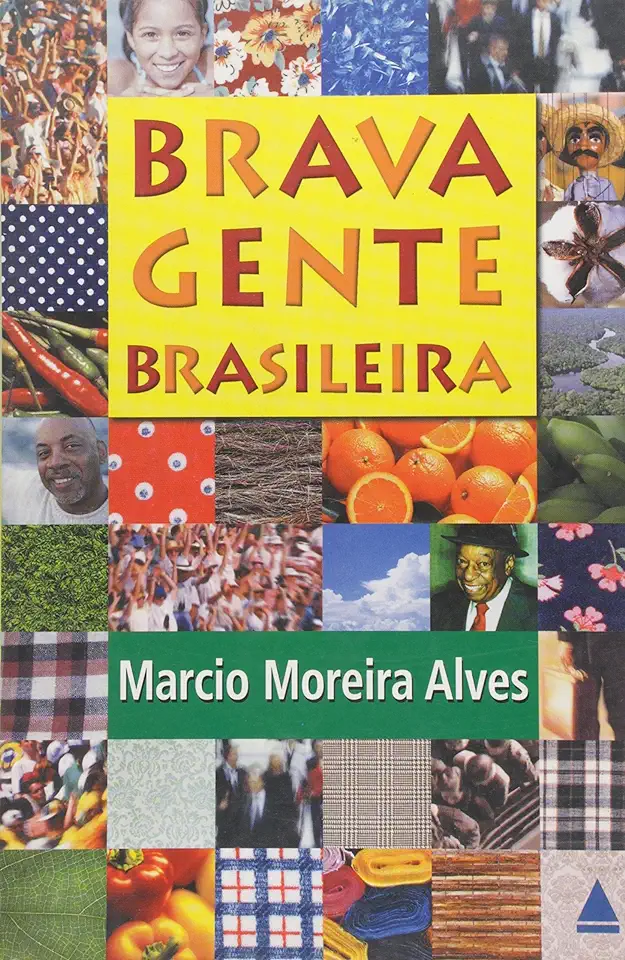
Brave Brazilian People - Marcio Moreira Alves
Brave Brazilian People: A History of Resistance
Introduction
In his book "Brave Brazilian People: A History of Resistance," Márcio Moreira Alves tells the story of the Brazilian people's struggle for freedom and democracy. From the earliest days of Portuguese colonization to the present day, Alves chronicles the many ways in which Brazilians have resisted oppression and fought for their rights.
The Colonial Era
The Portuguese arrived in Brazil in 1500, and they quickly established a brutal colonial regime. The indigenous peoples were enslaved and forced to work in the sugar plantations, and the African slaves were brought to Brazil to replace them. The Portuguese also imposed a strict censorship on all forms of expression, and any dissent was met with harsh punishment.
The Independence Movement
In the early 19th century, a movement for independence from Portugal began to grow in Brazil. The movement was led by a group of intellectuals and politicians who were inspired by the ideals of the French Revolution. In 1822, Brazil declared its independence, and Dom Pedro I became the first emperor of Brazil.
The Empire of Brazil
The Empire of Brazil was a period of great progress for the country. The economy grew rapidly, and the population increased dramatically. However, the empire was also a time of great inequality. The wealthy landowners held most of the power, and the poor were often treated as second-class citizens.
The Republic of Brazil
In 1889, the empire was overthrown, and the Republic of Brazil was established. The republic was a more democratic government than the empire, but it was still plagued by corruption and inequality. In the early 20th century, Brazil experienced a period of economic growth and social progress. However, the country was also plagued by political instability and military coups.
The Military Dictatorship
In 1964, a military coup d'état overthrew the democratically elected government of João Goulart. The military dictatorship that followed lasted for 21 years. During this time, the military suppressed all forms of dissent and committed widespread human rights abuses.
The Return to Democracy
In 1985, the military dictatorship ended, and Brazil returned to democracy. The country has since made great progress in terms of human rights and social justice. However, Brazil still faces many challenges, including poverty, inequality, and corruption.
The Brave Brazilian People
The Brazilian people have a long history of resistance to oppression and fighting for their rights. They are a resilient and courageous people who have never given up hope for a better future.
Conclusion
"Brave Brazilian People: A History of Resistance" is a powerful and inspiring book that tells the story of the Brazilian people's struggle for freedom and democracy. Alves' book is a must-read for anyone who is interested in Brazilian history or in the history of resistance to oppression.
Enjoyed the summary? Discover all the details and take your reading to the next level — [click here to view the book on Amazon!]